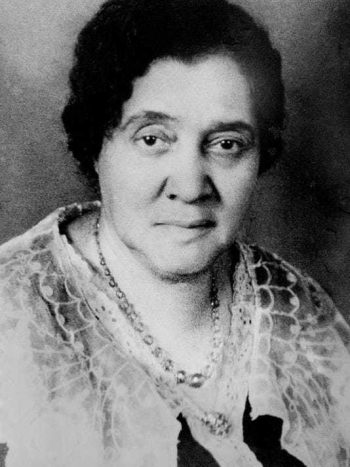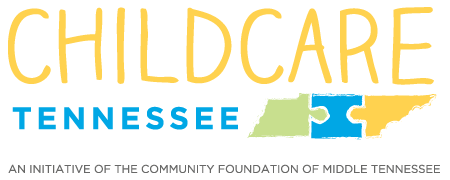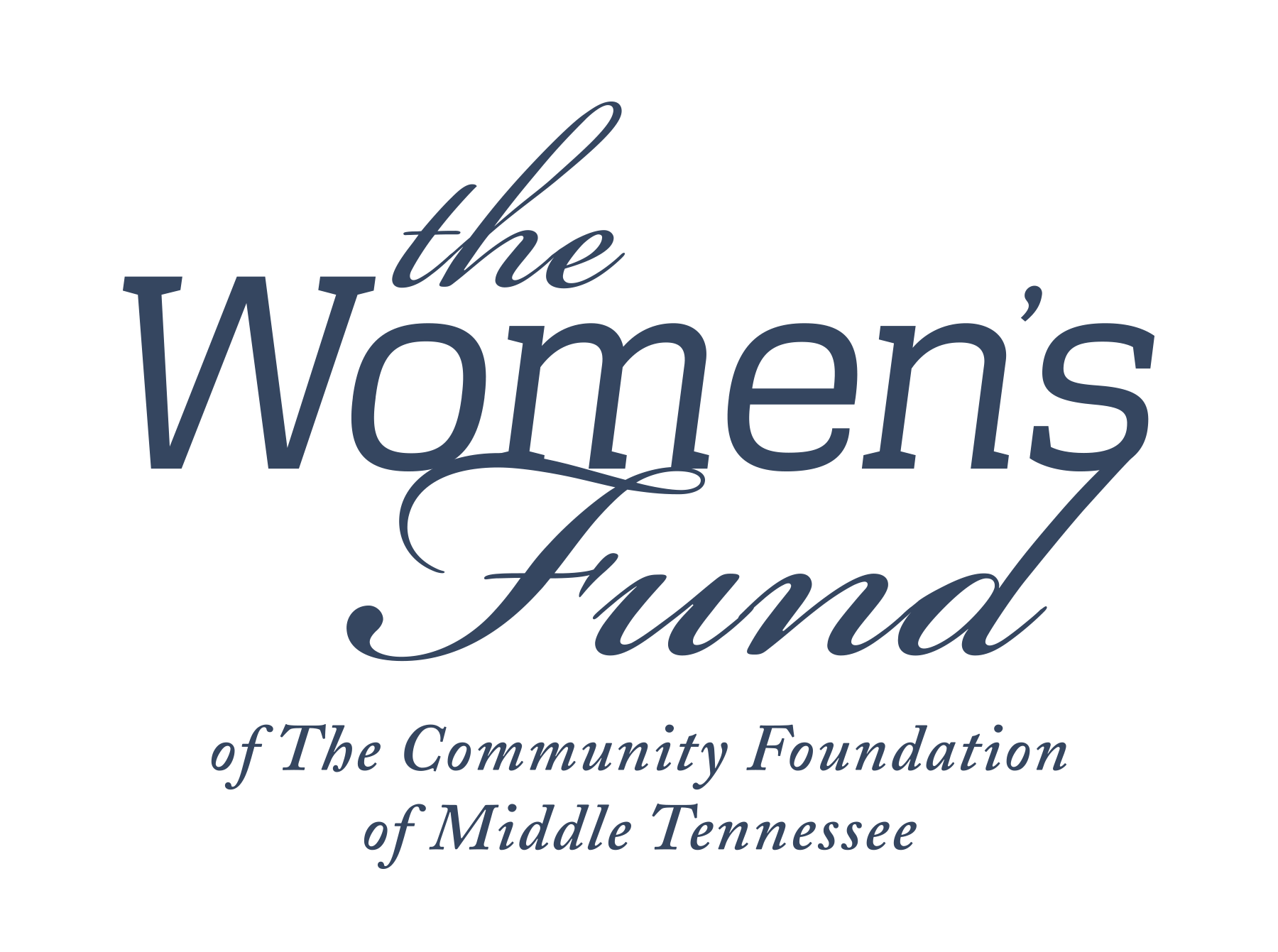The newest green space in Downtown Nashville’s trendy district known as The Gulch is named after one of its most prominent Black female suffragists.
Dedicated in November 2019, Frankie Pierce Park honors Nashville native Juno Frankie Pierce, one of the trailblazing suffragists dedicated to securing women’s right to vote with the passage of the 19th Amendment to the U.S. Constitution a century ago.
The nearly $4 million, 2.5-acre park, located within view of the Capitol building at 11th Avenue North and LifeWay Plaza, connects the Upper Gulch Capitol View development district to a countywide greenway system of nearly 100 miles via Metro Parks and Recreation’s Gulch Greenway extension. It was funded by a partnership between developers Northwestern Mutual and Boyle Investment Company and Metro Parks.
The green space includes a children’s playground, dog park, yoga lawn, sand volleyball court, and lots of room to just hang out and relax
The inviting, inclusive park fits its namesake, who was known as a fierce advocate for education, child care, settlement houses and race relations as well as for her work in the Suffragist Movement.
 Downtown Nashville's Frankie Pierce Park was dedicated in November 2019.
Downtown Nashville's Frankie Pierce Park was dedicated in November 2019.On May 18, 1920, At the invitation of suffrage leader Catherine Kenny, Pierce spoke at the first meeting of the newly formed League of Women Voters. She was the only Black woman to speak that day.
“What will the Negro woman do with the vote?” asked Pierce, in her speech in the Tennessee State Capitol, as retold in historian Bill Carey’s recent piece for The Tennessee Magazine. “We will stand by the white women.
“We are optimistic because we have faith in the best white women of the country, of Nashville,” she said. “We are going to make you proud of us, because we are going to help you help us and ourselves.”
Pierce continued, as related by historian Carole Bucy in the Tennessee Encyclopedia:
“We are asking only one thing — a square deal,” Pierce told her audience that day. “We want recognition in all forms of this government. We want a state vocational school and a child welfare department of the state, and more room in state schools.”
Three months later, On Aug. 24, 1920, Tennessee became 36th and final state to ratify the 19th Amendment.
She would dedicate the rest of her life to making sure the “square deal” was carried out.
 J. Frankie Pierce
J. Frankie PiercePierce was educated at the McKee School, a private school in Nashville for African Americans founded by the Presbyterian Church as a mission. She also attended Roger Williams University in Nashville and taught school for a brief period of time.
Pierce later worked to found an educational institution for delinquent African American girls, the historian continues. Since the African American girls weren't permitted in white juvenile institutions or schools, they were placed in local jails if they became delinquent.
A true activist, Pierce was president of the Negro Women’s Reconstruction League, founder of the Nashville Federation of Colored Women’s Clubs, and on the first Committee of Management of the Blue Triangle League of the YWCA.
After passage of the 19th Amendment, Pierce stayed active in local Democratic Party politics. The vocational school for African American girls became part of the legislative agenda of the suffragists and the newly organized League of Women Voters of Tennessee.
After an extensive lobbying effort by Pierce and Kenny along with Nashville physician and activist Dr. Mattie Coleman, the state general assembly passed the bill creating the school the following year, in 1921.
The school opened its doors two years later. Pierce became its first superintendent, holding that position until 1939. She later served as the chairman of the campaign to raise funds for the building of the Blue Triangle Branch of the YWCA in 1952.
Frankie Pierce died in 1954 and is buried in Nashville’s Greenwood Cemetery.
“We honor her for the community she represented,” Nashville Mayor John Cooper said at the Frankie Pierce Park's dedication in 2019, as quoted in The Tennessean, “and the struggle she knew was ahead.”
Beyond Frankie Pierce, other notable African American women leaders in Nashville at the time included:
Georgia Bradford Boyd, wife of the influential Citizens Bank banker and also one of the publishers of the Nashville Globe newspaper, founded by her husband, Henry Allen Boyd. — Georgia Bradford Boyd, wife of the influential Citizens Bank banker and also one of the publishers of the Nashville Globe newspaper, founded by her husband, Henry Allen Boyd. A suffragist and humanitarian, she worked alongside her husband in the development of National Baptist Congress programs for children.
Dr. Mattie Coleman, a 1906 Meharry Medical College graduate and one of the nation’s first female physicians. She worked with Frankie Pierce to register more than 2,000 African American women to vote in Nashville. She also founded the Women’s Connectional Missionary Council, which advocated for women’s leadership positions in the Colored Methodist Episcopal (CME) Church. That led to the Colored Women’s Committee of the Council of National Defense, which supported World War I fund drives and health program for all soldiers, both white and Black.
Hattie Smith Jackson, co-founder with Frankie Pierce of the most socially active women’s clubs in Nashville.
Nettie Langston Napier, treasurer of the National Associated of Colored Women (NACW), wife of Nashville’s African American Republican political boss and a leading black entrepreneur, James P. Napier. Nettie also established the Day Homes Club, later known as Porter Homestead, a Nashville settlement house that provided day care for working African American mothers and healthcare to help meet the needs of the poor.
Minnie Lou Crosthwaite, Fisk University graduate and later its registrar. She challenged discrimination and taught in Nashville schools for 14 years and was active in the YWCA and Back women’s club movement.
Dr. Josie E. Wells, groundbreaking physician and humanitarian. One of Meharry Medical College’s first female graduate in 1904 and Nashville first female practicing physician. Served as general physician for Walden University, where Meharry got its start as one of the university’s departments in 1876. (Walden closed in 1925.) According to the Nashville Public Library, her area of specialty was the diseases of women and children, and she dedicated a portion of her time every week to the poor, from her office near Meharry.
Boyd, Coleman, Crosthwaite, Jackson, Napier, Pierce and Wells were honored with a Metropolitan Nashville Council resolution celebrating Nashville African American suffragists in February 2020, in collaboration with the Council’s Women’s Caucus and the Mayor’s Council on the State of Women.






